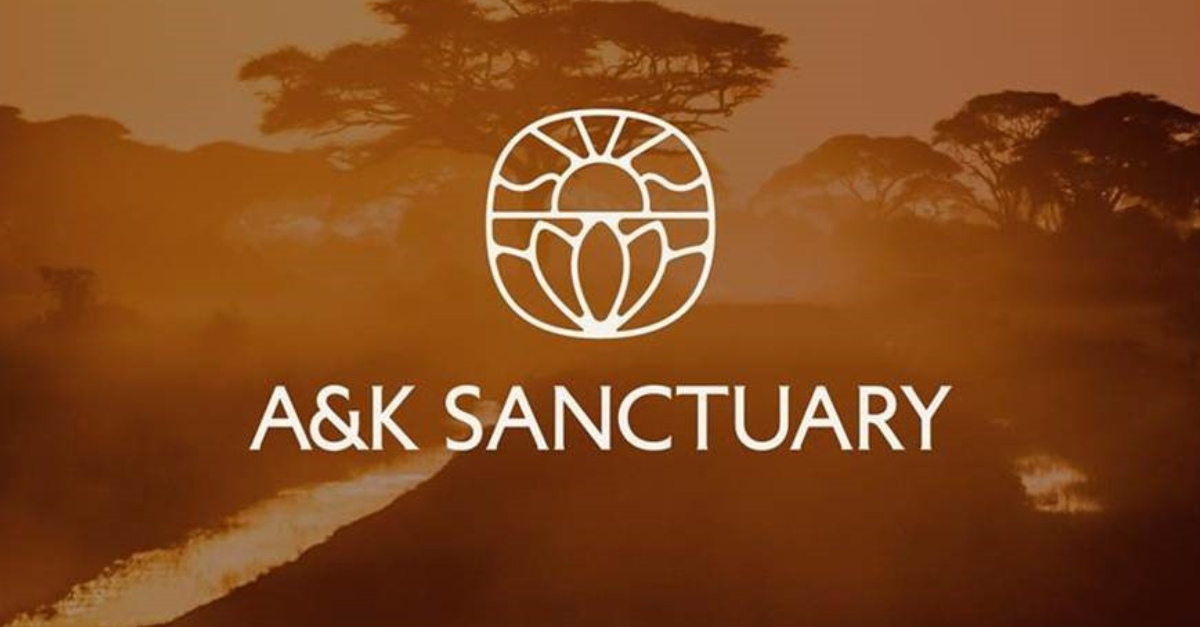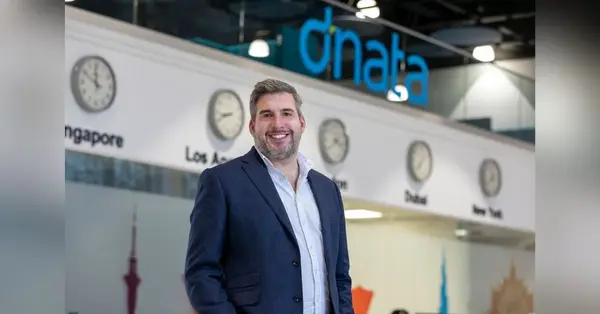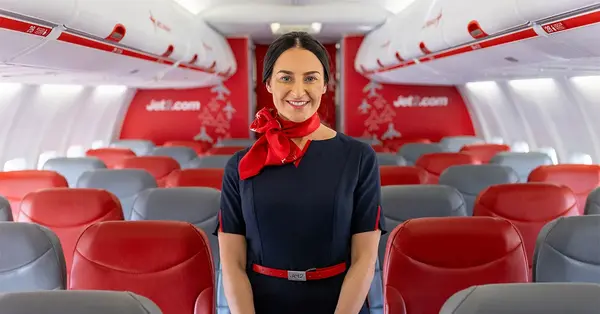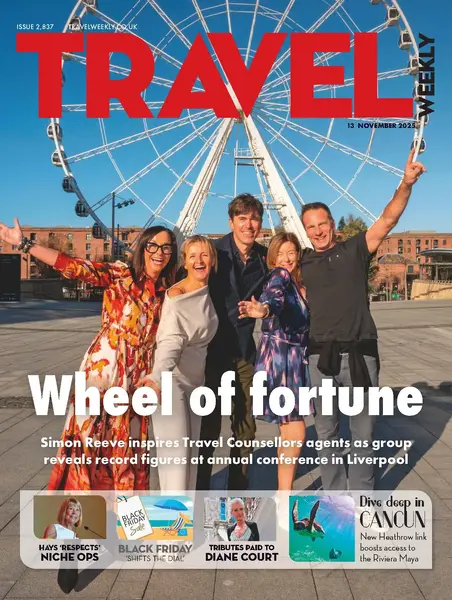You are viewing 2 of your 2 free articles
The AI journey has only just begun
OMG UK’s Phil Rowley outlines how companies can prepare for the holidays of tomorrow
As we approach the 2030s, we can already glimpse a decade where machine intelligence is integrated into our everyday lives.
Transport and travel are also in the thrall of that same AI revolution, with the technology’s highly-publicised frog-leaps ahead hinting at a new opportunity to improve our journeys and holidays yet further, making them even more frictionless and personalised.
In OMG Futures’ latest report, Destination AI: How Artificial Intelligence Will Impact The Travel Industry, we have documented five of those AI-led evolutions changing the travel and tourism industry. I’ll detail them here:
Refined Recommendations
Tomorrow’s travel inspiration will be driven by AI engines that are able to gain a much more profound understanding of human tastes and preferences. It’s a more connected and nuanced approach to taking insight from a wider range of consumer signals – from your music tastes, to your searches for recipes, to the social videos you’ve liked.
The result will be trip suggestions and recommendations that go beyond “beach holiday” or “city break” to uncover destinations and accompanying activities that align more closely with your passions – whether that’s glaciers, jazz clubs, or street-food safaris.
Travel providers of the future may come to offer more ‘modular’ elements within their vacations in the way music streaming services’ AI-DJs offer personally curated playlists. Holidays of the next decade may come to be more ‘atomised’, with a myriad of options that can be combined and recombined to provide packages more tailored to the traveller’s tastes – and all driven by a deeper understanding of the customer at an individual level.
Personalised Planning
Building on the above, the report details how creating a holiday will evolve into a dynamic, conversational process with AI travelbots. These virtual assistants will build and adapt entire itineraries in real time, responding to plane and train times, changing weather, local events, or even your mood that day.
Instead of juggling multiple apps and websites, users may interact naturally via voice or text while the AI handles logistics, bookings, and coordination seamlessly. The planning phase will feel less like admin and more like a collaborative adventure, where your role is simply to express your desires, and AI transforms them into perfectly orchestrated end-to-end journeys.
We’re already seeing early iterations of this offering from travelbots like Romie from Expedia - but this is set to become more sophisticated and more commonplace.
Supercharged Services
Destination AI also forecasts how, for customer service agents and ground staff, artificial intelligence should be viewed as an enhancement and augmentation. AI will make their role more efficient, getting them to solutions quicker by working in tandem with machine-intelligence, freeing up time to concentrate on delivering those qualities a machine simply cannot recreate: genuine empathy and engagement.
Once you’re on the move, AI will also enhance every touchpoint. That could mean real-time translation aiding communication at complicated ticket machines or haggling with vendors at tourist hotspots.
Or it could mean in-room assistants will adjust lighting, music, and climate to your preferences automatically. This is friction-free travel with fewer barriers and less bottlenecks.
Optimised Operations
AI’s behind-the-scenes impact will be just as transformative as its guest-facing roles. Airports, cruise lines, and theme parks, like Disney, will deploy AI-driven crowd modelling to manage flows, reduce bottlenecks, and cut waiting times.
Airlines like British Airways are already using AI to maintain ‘fleet health’ and predict maintenance requirements. Event spaces and resorts will balance energy use dynamically, while personalised alerts will guide travellers to the fastest routes or quietest attractions.
These operational gains will be largely invisible to guests, but will deliver smoother, greener, and more reliable journeys, raising industry standards and expectations across the board.
Maximised Marketing
AI will reshape how destinations, brands, and operators connect with travellers to make marketing not only more targeted, but more dynamic. Generative tools will produce tailored content in multiple formats and languages instantly, while data-driven systems will adjust creative on the fly to match trends, search patterns, and cultural nuances.
With real-time performance feedback, campaigns will continuously optimise, ensuring messages are relevant, resonant, and timely.
For the travel company of the future, AI will become a permanent travelling companion.
Its ability to bring us more tailored recommendations, whilst coordinating disparate elements of travel - from taxi to train ticket to tour guide - and at the same time enhancing customer service, could make for faster, easier, more relaxing holidays.
And in delivering that lies one of the best forms of advertising: the happy customer.


















